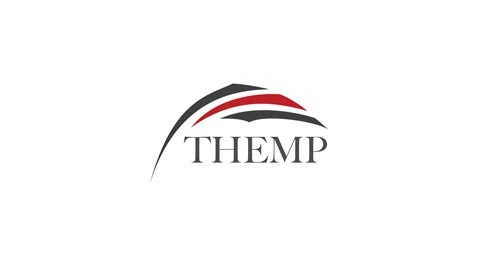Main challenges of the ageing knowledge economy are constant upgrading of the skills of the active population and mitigating new and old social risks. In the aging society and the globalised knowledge economy, the people in mid-life are increasingly exposed to social risks of exclusion from the labour market. They are also excluded from formal Lifelong Learning (LLL), specifically Tertiary Lifelong Learning (TLL). The access of mid-life learners to TLL and their retention in the system have an increasing relevance for the socio-economic sustainability of the ageing European knowledge society.
TLL is considered a key to develop more inclusive and responsive universities. Opening HE for mid-life learners, designing flexible pathways from VET and professional experience to higher education, flexible learning arrangements conciliating family-work life and learning and the adaptation of didactical methods in HE are challenges to affront problems of the aging knowledge society. Opening Higher Education (HE) to this group is still a minor aspect of education and training reforms, but it is a strategic goal to raise the skill level of the adult EU population, as well as closing the mismatch between supply and demand for high-skilled workers.
The project aims to study the TLL of HE institutes in several countries with respect to inclusion of mid-life learners. At the core stands a comparative study with concrete example analysing statistically available data, making series of interviews with decision makers, stakeholders, lecturers and mid-life learners. The study will analysis the efficiency of TLL programs in achieving the integration of mid-life learners in terms of access to and retention in programs, their duration, the creation of learning pathways and didactical innovation. The results of this study will allow advances in the design of core conditions of socially and economically effective TLL programs for mid-life learners.
The project uses an innovative combination of Transitional Labour market approach to define and measure situation of social risks; and the capability and capital approach to operationalize employability and well-being. It will provide differentiated tools to analyse TLL programs and their integration in the general higher education systems based on adequate definitions of efficiency and quality to evaluate the inclusion of mid-life learners. It will also analyse the regulation of the TLL system, not only with respect to labour markets and society, but also its internal regulation in terms of access, learning pathways, certifications, recognition of prior learning and funding. Special attention will be paid to the relation to the Bologna three-cycle system and the ECTS. Another area of analysis will be the analysis of didactical innovation in the TLL programs to assure the retention of non-traditional students in the TLL-system.
Besides evidence on the social performance of European TLL, the project will facilitate mutual learning between HE-decision-makers, stakeholders, practitioners and learners. Their implication in the project form the outset will allow providing not only reports, but also practical oriented recommendations, tested tools and instruments for their integration in management routines. It assures that the outcomes will be widely known beyond the project boundaries increasing their influence in institutions, systems and policies
The project will produce a review of TLL development with respect of the inclusion of mid-life learners; two workshops will facilitate mutual learning among key actors; a conferences to present the project results and dissemination materials e.g. online publications) and an interactive website targeting policy makers, rectors and directors of higher education institutes, practitioners and students at European, national and institutional level.
Runtime: 2011 - 2012
Program Scheme: Lifelong Learning Program of the European Union
Sub-Program: Erasmus
Promoter: Fundación Conocimiento y Desarrollo, Spain
Website: Themp and Centre for Research & Development in Adult and Lifelong Learning (CR&DALL)
